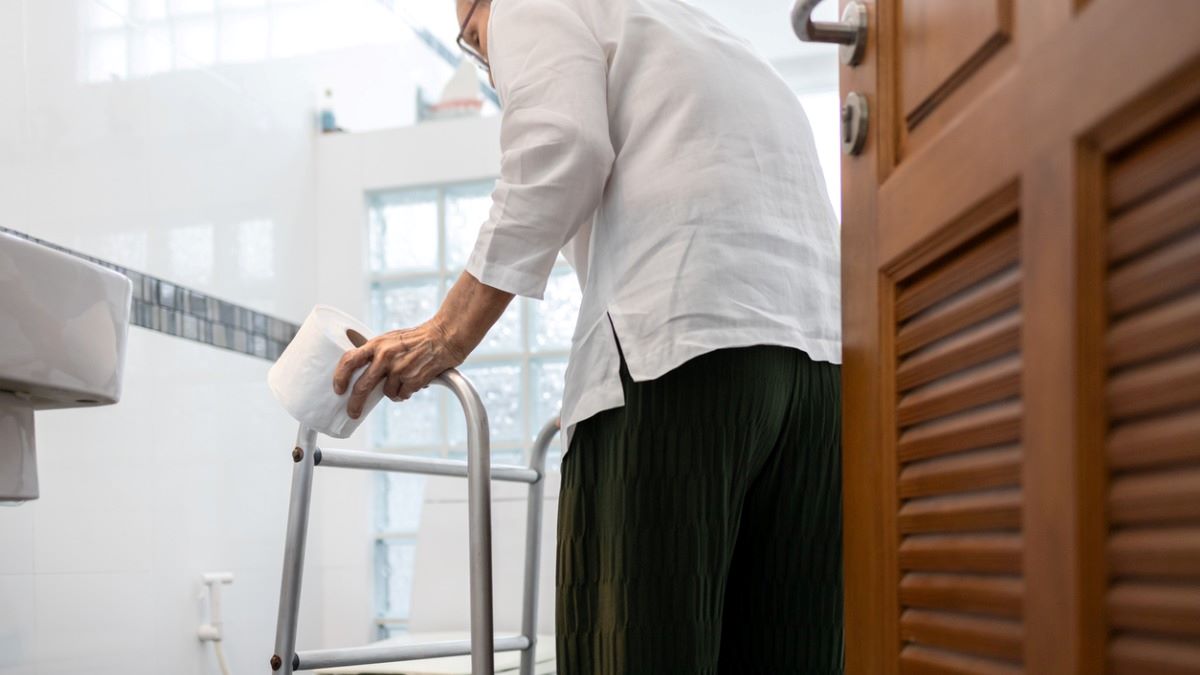
What Is Urinary Incontinence?
Urinary incontinence can feel like an embarrassing topic to bring up with your doctors or caretakers, but it is a common condition, especially among women between 50 and 80. You may not want to discuss it, but understanding urinary incontinence and how to reduce your risk can improve your bladder health and lead to a higher quality of life.
Understanding Urinary Incontinence
Urinary incontinence is a fancy way of saying a lack of bladder control. The severity of urinary incontinence varies. For some people, it can mean the occasional small leak when coughing or sneezing. For others, urinary incontinence means sudden urges to use the bathroom and not being able to get to the toilet in time.
Multiple factors may contribute to a person’s bladder control. Some factors may cause temporary incontinence, such as a urinary tract infection, alcohol, caffeine, high doses of vitamin C, and foods that contain lots of sugar, spice, or acid. Some medications for blood pressure, sedatives, or muscle relaxants may also cause temporary bladder control issues.
More persistent urinary incontinence may signal a more serious health concern. Menopause, enlarged prostate, prostate cancer, and neurological disorders can all affect a person’s bladder control.
Reducing Your Risk Of Urinary Incontinence
Urinary incontinence doesn’t have to be an inevitable part of aging. You can make lifestyle changes to improve your bladder control and overall health.
- Stay hydrated, but don’t over-hydrate: Dehydration and overhydration can affect your urinary tract. You want to ensure you’re drinking enough that you can use the bathroom every few hours but not too much that you’re going to need to relieve yourself every hour.
- Strengthen your pelvic floor: The pelvic floor muscles help control your bladder. Strengthening those muscles helps hold your bladder and reduce leaks when coughing or sneezing.
- Don’t smoke: Smoking negatively affects many aspects of your health. It also encourages coughing, which can lead to leaks. Smoking is an addictive habit, so don’t hesitate to reach out for help from your doctor.
- Maintain a healthy weight: Your weight may affect your bladder health. Maintaining your weight means staying physically active and eating a healthy diet.
Treating Urinary Incontinence
Aside from lifestyle changes, there are medicines and medical devices that your doctor may suggest for more serious cases of urinary incontinence. A few common medications doctors use to treat urinary incontinence include anticholinergics, beta-3 agonists, and tricyclic antidepressants. Some doctors may also suggest Botox injections in the bladder to help relax the muscles and allow for more urine to collect and a decreased risk of leaks.
If the urinary incontinence is because of a blockage or narrowed urethra, a doctor may suggest surgery. Men with enlarged prostates may also need surgery to remove enlarged tissue to help widen the urethra.
How Working With Visiting Angels May Help
It’s natural to feel uncomfortable asking for bathroom help, but it’s one of the many at-home services we offer at Visiting Angels. Our trained caregivers can provide dignified assistance with toileting, dressing, and showering. We also offer mobility assistance and transportation to and from doctor’s appointments.
You can learn more about personal care with Visiting Angels by contacting our Mobile office and scheduling your complimentary consultation.
